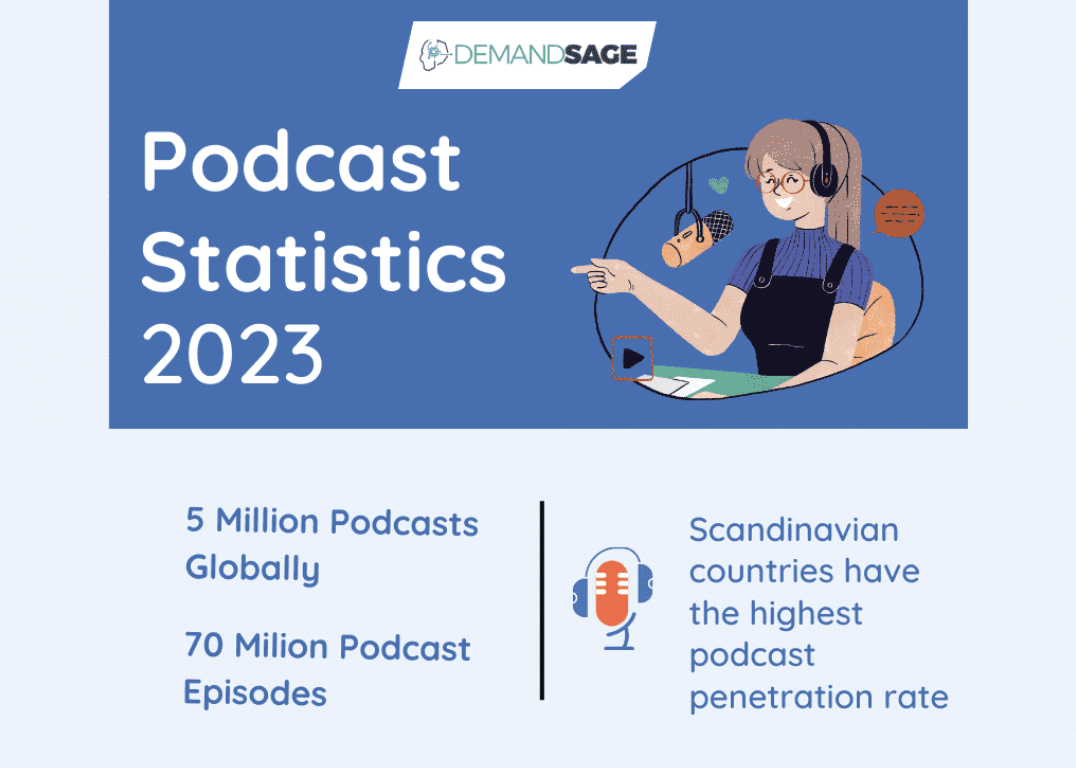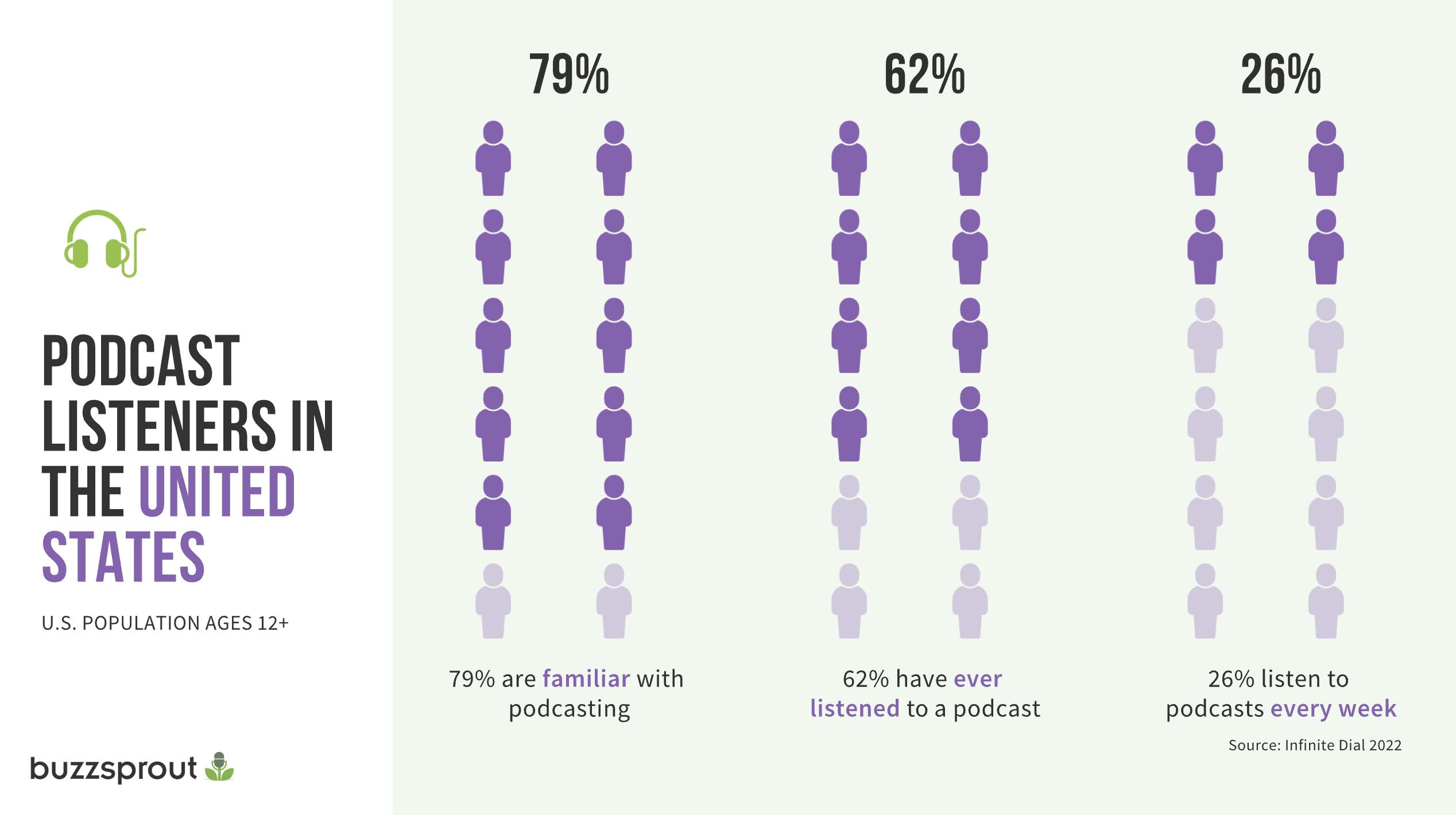It feels like everyone with a mic is starting a podcast these days. Podcasting has exploded in popularity, becoming a go-to digital platform. Its audio format attracts listeners worldwide, offering a convenient way to consume content on the go.
For businesses, podcasting is more than entertainment. It’s a strategic tool that boosts visibility and helps with networking.
This post will explore how podcasting not only helps businesses grow but also helps them build and strengthen professional relationships, which can improve their financial performance.
Exploring Podcasting Benefits for Business and Networking Growth
Podcasting is a great way for businesses to share their knowledge and position themselves as leaders in their field. By sharing valuable content regularly, businesses can increase their visibility.
Many successful companies use podcasting to strengthen their authority in their industries. This approach builds trust and creates a strong brand image. It also helps that the podcast market is still growing; compared to the estimated 600 million blogs online, there are only 5 million podcasts:

While 5 million podcasts may sound like a lot, the size shrinks significantly when you only consider active podcasts or podcasts that have published more then 50 episodes.
To see how podcasting can help your business, consider these points:
- Regular podcast episodes keep your business in the minds of listeners, boosting your brand’s presence.
- Having guest speakers and industry experts can draw more listeners and make your podcast more credible.
- Showing leadership in your podcast puts your brand ahead in industry developments and trends.
Key Takeaway: Podcasting is a valuable tool for increasing business visibility and establishing authority in the market.
Building and Nurturing Professional Relationships
Podcasts offer great ways to meet and connect with important people in your industry. By hosting or appearing on podcasts, you reach new groups of people. These platforms support in-depth conversations that help build strong professional connections.
Around 90 million people — or 26% — in the US listen to podcasts weekly:

Here’s why podcasts are an effective tool for networking:
- Interviewing leaders in your field can grow your network and boost your reputation.
- Having influencers as guests can draw their followers to your podcast, increasing your audience.
- Working together with people you meet through podcasts can open up new business possibilities.
Key Takeaway: Podcasts are valuable for networking and fostering professional relationships that can enhance your business growth.
Direct and Indirect Revenue Opportunities
Podcasting opens up many ways to make money directly. Businesses can earn income through sponsorships, ads, and membership fees. In recent years, brands have been willing to pay more money for podcast advertising as an alternative to traditional advertising.
Podcasts also help indirectly by generating leads and improving customer loyalty. Sharing knowledge and insights attracts listeners who are actively seeking solutions, which makes them more likely to convert into leads.
Here are some practical ways to use these revenue opportunities:
- Look for sponsorships from brands that your audience likes. This adds a direct way to make money. Affiliate marketing is an alternative that can work just as well.
- Promote your own products or services in your podcast. This can turn listeners into customers.
- Provide special content or benefits to paid subscribers to create a dedicated and paying audience. This could be through paid memberships on YouTube or Patreon:

Key Takeaway: Podcasting not only boosts brand visibility but also provides valuable ways to make money directly and indirectly.
Final Thoughts on Podcasting for Business Expansion
Podcasting provides great advantages for businesses aiming to grow and enhance their networks. It boosts brand visibility, builds professional relationships, and creates new ways to make money.
If you want to improve your business, think about adding podcasting to your growth plan. The long-term benefits it delivers can be much greater than the initial efforts and costs.
Related Video
If you’re ready to level up your podcast marketing, Single Grain’s marketing experts can help!👇
For more insights and lessons about marketing, check out our Marketing School podcast on YouTube.






